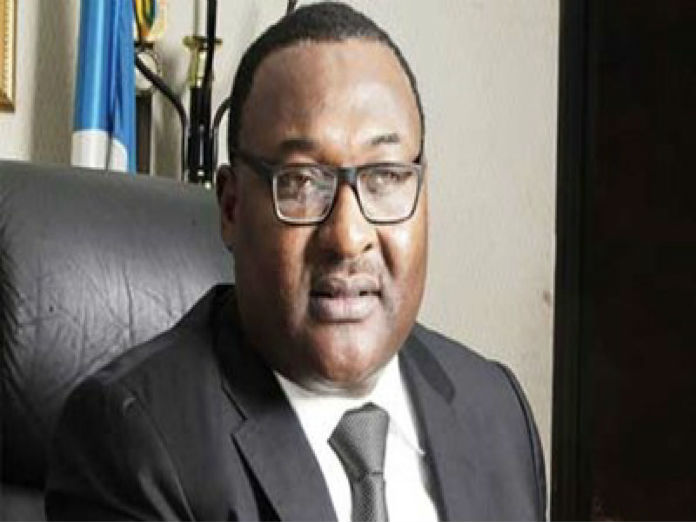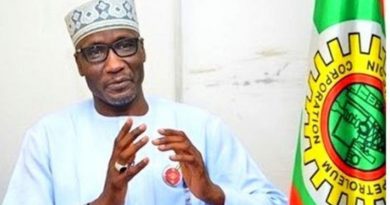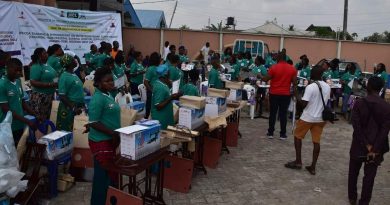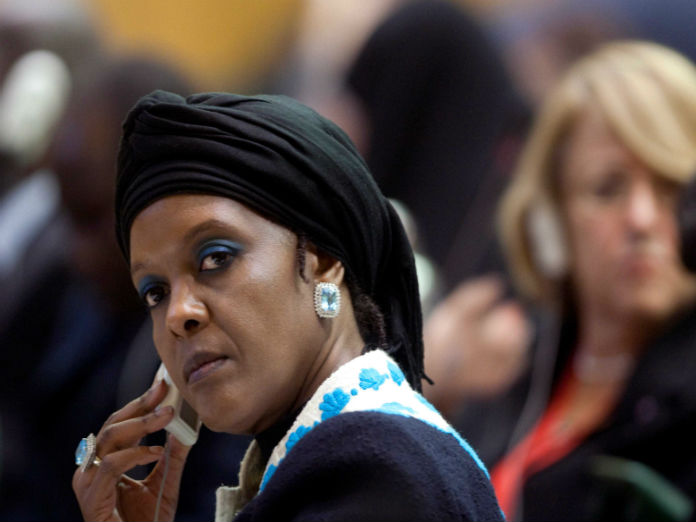NSC To Allocate 35 Percent of Job Opportunities to Women, says Bello
Oru Leonard
The Executive Secretary of the Nigerian Shipper’s Council (NSC), Barrister Hassan Bello has said that 35 percent of job opportunities that would be created in the on going reforms will be given to the Nigerian women.
The Executive Secretary stated this in his keynote address in seminar held on Thursday, June 27, 3019, for the Abuja Transport and Aviation Correspondents Association (ATACA).
Bello who revealed that the Council in partnership with NIMASA would embark on investment drive in order to have private sector participation in indigenous shipping sector noted that the country lost $9 billion for freight in 2015 because Nigerians don’t own ships, adding that even now, not a single drop of oil is transported by Nigerian ships but foreigners.
“In 2015, Nigeria lost $9 billion for freight because Nigerians don’t own or operate ships in international carriage and that’s why it is important we pass through this issue of fleet implementation” Bello said.
He said it has become necessary to seek for the speedy implementation of the National Fleet which would reduce the loss and boost the country’s economy.
He expressed dismay that Nigeria’s maritime contributes only 0.1% to the nation’s Gross Domestic Product(GDP), and stressed that private sector participation is very important and called on the private sector to lead the way, adding that the Committee for fleet implementation is working to create an investment platform for investors to thrive. “If Nigeria gets the transportation industry right, it can finance the country’s budget, as it is a very good sector to start diversifying the economy”, Bello added
The technical session featured three speakers who spoke on different topics. The first speaker, former NSC Head of Public Relations, Mr Ignatius Nweke who spoke on “The Role of Journalism on the development of the Maritime Industry”, advised participants to seek academic and skills development in areas of coverage as governments have tenures but a journalist does have.
He said Journalism is not for seeking popularity but to prompt leaders to sit up and do the right thing. He noted that it is not every body that writes that is a journalist because a journalist must write to accommodate the masses. He frowned at arm chair Journalism where reporters or editors sit in the offices or recreational areas, source stories and publish without verification.
On the second topic: “Dry Ports & Truck Parks; Game Changers of a Nations Economy.” Mr. Muhammad Bako Abubukar, the Director, Abuja Liaison Office, said that NSC is working closely with NEXIM Bank and African Development Bank to facilitate cargo handling. He also said that interconnectivity with the ports and railway will reduce cost of delivery to dry ports.
Mr Abubakar reiterated that the Dry Ports and Truck Transit Parks (TTP), will create about 5000 direct employment from every where such dry ports are located.
The third speaker Mr. Nicholas Igwenagu, Deputy Director, International International Institute of Journalism, spoke on ” Professional Code of Ethics in Journalism “. He really evoked the emotional intelligence of the participants and urged journalists to strife to be selfless, upright and prompt in information dissemination. He urged those in the practice of journalism of are not ready to keep to the ethics of Journalism to quit.
He advised journalist to avoid taking press releases verbatim as they reflect the view of the writer.
He noted that ethical understanding is a great asset for any professional and added that a journalist should be doing enough home work as he/her must do everything possible to fit into the profession which involves educating the public and protecting public interest. ” Do not jettison professionalism for your whims and caprice” Mr. Igwenagu concluded.
The theme of Seminar was “Optimising the Full Potentials of the Transportation Industry through Journalism”.




